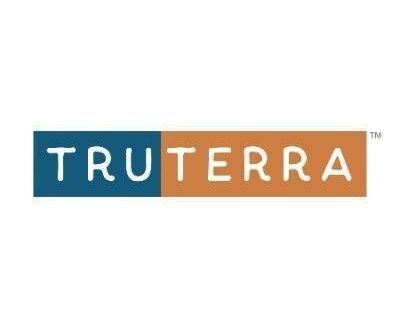A new kind of carbon farming
Locus Agricultural Solutions has a product and a program for you.
The product is Rhizolizer, a patented fermented probiotic soil amendment product. It incorporates two microorganisms to increase root masses, improve yields and provide better nitrogen uptake to plants through the roots. The product shows benefits not only with commodity crops like corn, cotton and soybeans, but with a range of row and tree crops including strawberries, citrus, watermelon, apples, almonds, peanuts, wheat and even sod.
Better nitrogen uptake has a number of beneficial affects for plant growth and carbon capture, the company says, by reducing the amount of free nitrogen in the soil that can be converted to nitrous oxide (N2O), a potent greenhouse gas that is 300 times more efficient at trapping heat then the better-known carbon dioxide. Nitrous oxide hangs around for about 100 years. In agriculture, it is released mostly from animal manure or fertilizer. According to a 2015 article by Neville Millar of Michigan State University, agriculture accounts for approximately 8% of all greenhouse gas emissions but contributes about 75% of all N2O emissions linked to human activity.
The nitrous oxide issue has been recognized for about 15 years. Publications drawing attention to the issue usually caution that they are not advocating abandoning fertilizer use; its benefits are too great. Careful monitoring and management of fertilizer can help reduce N2O emissions, and most farm states have recommended practices.
Then there’s Rhizolizer. Locus says the Rhizolizer treatment promotes bigger root structure growth and the microorganisms are much more efficient than chemical fertilizer alone at capturing nitrogen and delivering it to root systems. Rhizolizer can be combined with your existing fertilizer mix. Larger, improved root structures mean better structural stability and better ability both to use water and let it run off, according to Locus’s website. The bigger root structure also increases yields and allows reduced use of fertilizer, the company says.
Growers have the option of adding another income stream by participating in Locus’ CarbonNOW program. The program uses third-party verifiers working with the USDA’s COMET-Farm data tool, which the U.S. Department of Agriculture describes as “a whole farm and ranch carbon and greenhouse gas accounting system.” The system combines farming practice information with weather, sensor and satellite data to document greenhouse-gas effects of farm practices.
The carbon-trapping activities from participation in the CarbonNOW program get farmers paid for carbon credits. Locus says the program not only allows participating farmers to grow up to 43% more food but can reduce greenhouse gas emissions by up to 87%. In an interview with High Plains Journal, Locus CEO Grant Aldridge estimated that total benefits per acre—in increased yields, reduced carbon emissions, more efficient use of water and fertilizer, and carbon capture—could range from $120 to $169 per acre. As with anything, particular outcomes depend on many factors including weather and other farm practices, but the company says the benefits of CarbonNOW are consistent and documented.
While some benefits, such as increased yields or reduced fertilizer costs, are immediate, it can take some time for the carbon payments to arrive. The payments will come directly from companies that want to offset emissions or indirectly from companies that buy credits through agriculture-based exchanges such as Nori’s carbon removal marketplace.
On Aug. 18, the CarbonNow program was named the national winner in the Energy Globe Awards for its immediate impact on climate change and food security. The program will go on to represent the United States in the global awards.
“CarbonNOW brings our nation’s farmers and corporations together with a mutually beneficial opportunity to improve profits and environmental impact through the creation of low- or negative-carbon foods, feeds and fuels,” said Shane Head, vice president of Environmental Platforms at Locus AG. “By representing the U.S. in the global awards, we can show the world the incredible potential these industries have in fighting climate change and implementing better practices for the planet, people and profits.”
David Murray can be reached at [email protected].


